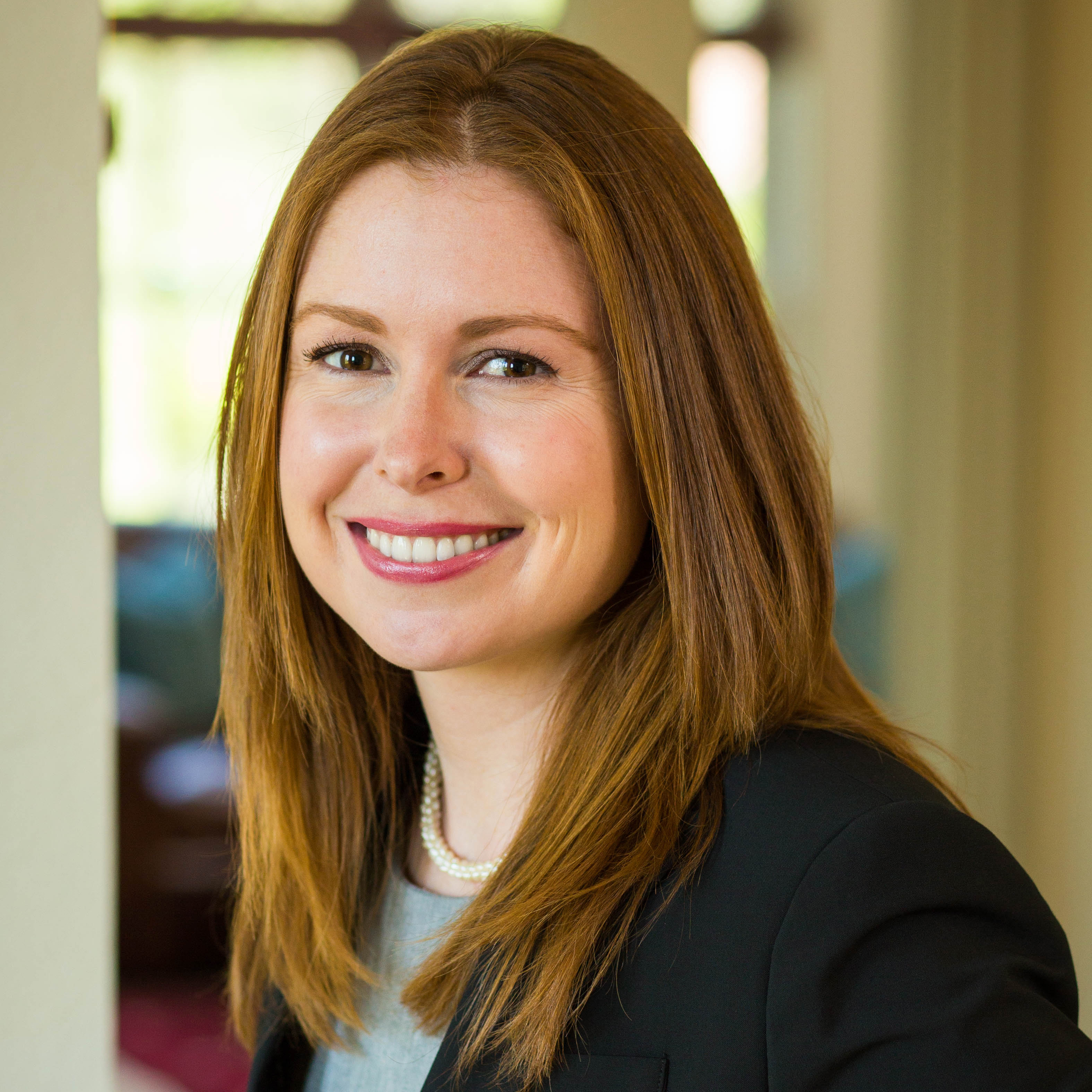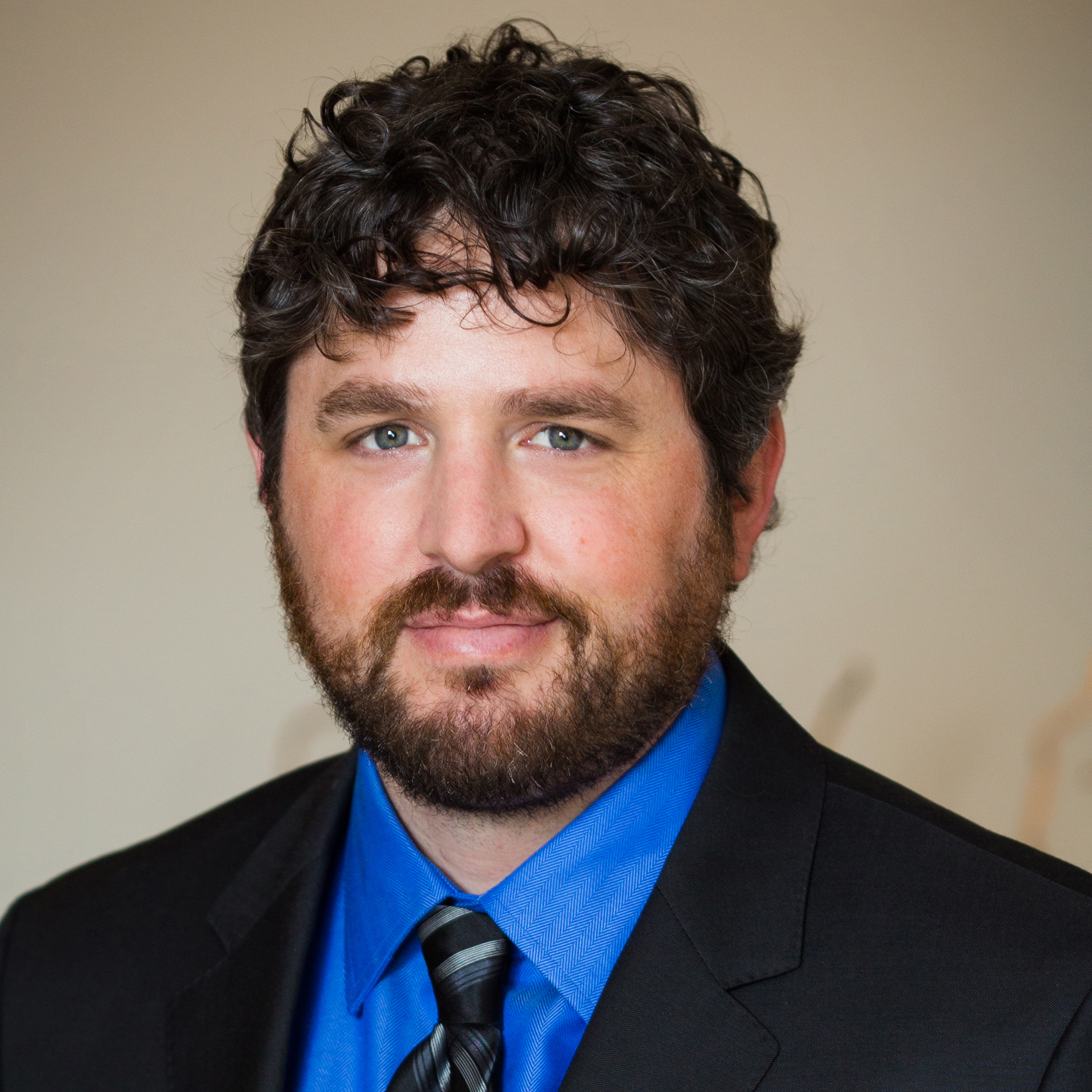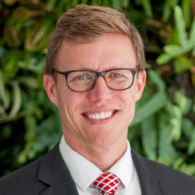Total time: 10:28
Jessica McHugh: Welcome to the Sage Advice Podcast. I'm Jessica McHugh, Marketing Director at Sage Advisory.
Nick Erickson: And I'm Nick Erickson, a portfolio manager at Sage who heads up our municipal ESG strategy.
Jessica: Last week at the SRI Conference in Colorado Springs we met up with Nicolai Lundy, who is the Director of Education and Partnerships at the Sustainability Accounting Standards Board, or SASB. Today SASB released a set of 77 codified standards that identify the minimal set of financially material sustainability topics and their associated metrics for the typical company in an industry.
0:35
Nicolai Lundy: Thank you so much, Jessica, Nick, for having me. It's just a joy to be on the podcast. So SASB was really founded to help solve the problem that both investors and companies were facing around growing interest in sustainability, growing awareness that some of these issues can have a financial impact on the business, but a lack of consistent information to be able to actually assess a company's performance. So to give you an example, if you're looking at the insurance industry, at an insurance company, the percent of properties that they have in flood zones is going to impact the risk of providing capital. Whereas if you're looking at a restaurant chain, that's completely irrelevant. But what's most important is the nutritional profile of their products, the way they, their labor practices. Not that there's any one right way. It's not that being offering more nutritional food is better and less nutritional foods are worse necessarily, but this information helps investors understand the risk of investing in the company. Because there's changing customer preferences, changing regulatory trends, and just changing business impacts on the company's performance. So SASB’s role is to develop standards that make it possible for the market to get that information and make their own decisions about where they see risk and opportunity.
2:00
Jessica: And so one of the ways that SASB differentiate itself is that you include input from the companies themselves when you're creating these standards. Could you tell us a little bit about how you include the companies in the process?
Nicolai: Absolutely. So SASB, as you probably have noticed, is a very cheeky rip on the name of FASB and GASB, and IASB, because we have really modeled our process to be very similar to the way the financial accounting centers work, where we will do some fundamental research on the sustainability or ESG issues that might impact an industry and then we surface our initial research for feedback from companies and from investors. And we actively bring them to the table to give us that feedback. And so that has led to a lot of changes over the years that really reflect the views of disclosure burden on companies and useful information for investment decision making. So where can we find that happy middle ground between those two things. One simple way in which that feedback has actually led to changes is that we've gone through about four different public drafts of the standards over the past six years. The most recent version, the provisional version, was published – the last set was published in 2016 for 79 Industries, 10 sectors. We heard from some companies that some of these industries were really duplicative --biotechnology and pharmaceuticals. Most companies really spanned both of them -- cable and satellite and telecom. Most companies, you know, you have a small number of kind of conglomerates. They basically do everything in both industries. So we actually combined both those industries as one simple way to reflect the incorporation of feedback from the market. So on Wednesday, November 7, we are going to publish a finalized set that reflects all of the work of the past six years, and it'll be 77 Industries and across 11 sectors. And we document where we have made changes along the way. And we identify which companies have been involved. And we have a variety of public comment letters that we've gotten from companies and industry associations. So you could have some organizations that have been involved in giving feedback on all of the drafts along the way. And we're very transparent about who's involved, and what we propose, and the type of feedback we get back, because we think that's critical for building trust in the usefulness of the standards.
4:37
Jessica: One of the goals of SASB, after you know, coming out with these global standards is to actually get it to the point where it's becomes mandatory reporting. So what are the next steps after the standards are published? How do you get this so that it's mainstream, so that companies are then, you know, just reporting it alongside their quarterly earnings?
Nicolai: We see this really evolving over time. You know financial accounting standards have been around, you know, financial accounting has been around for 400 years, and the standards around which we use today, with FASB in the U.S., have been around since the 1970s. And it took 40 years from the Great Depression to even get to FASB, so these things take time. And we anticipate the same thing with the sustainability disclosure and sustainability reporting that comes with our standards. That being said, obviously our world moves very quickly. So instead of taking 40 years, who knows, it might take 10 or less but the really focus of our work right now is because we've involved so many companies, investors in the process, we're now going to be going back to them and understand how they might be using them. What information are investors using to inform the evaluations, to inform their corporate engagement efforts, to inform the scorings that they do on the companies they are considering investing in?
6:00
And then how are companies starting to think about preparing data collection processes, putting internal controls over that data, potentially getting external review and assurance of that information before they report it publicly. So we're seeing already about 30 companies that have done this on the provisional standards. Some have done it in SEC filings, most have done it in sustainability reports or standalone investor-focused documents that go on their Investor Relations website. You see a myriad of activities. I think we'll continue to see this proliferation of varied approaches to how companies meet this information need. And then as you see more and more prevalence of this and a lot of variability that's, in my opinion, personal opinion, when you'll likely see regulatory changes come in. But you're also going to see it happen in different jurisdictions. The EU has already established a directive for requiring some level of reporting on these issues, but it's very much up to the company to decide what to report. And they might use SASB, they might use something else in the U.S. It's not quite top of mind on the agenda. And so you might see differentiation in different countries as well. But in our view, the biggest driver right now are the institutional investors. We have great support from organizations like Sage, which has really been an early leader in recognizing the value of this information and supporting our work to make sure that the market has access to the information so that Sage can do what it does best -- absorb information about companies, and municipal debt, and sovereign debt, and make us make sense of it to inform where to put capital to its best use. You need the information to make those decisions and so we're very thankful for support from organizations like Sage that have really raised the profile among companies around the world.
8:02
Nick: You mentioned companies who worked with the provisional standards and who have done other types of reporting. Do you have any type of idea of geographical breakdown, where the majority of these companies are, or where you see the quickest uptake of adoption of the global standards you think will be?
Nicolai: Yeah, absolutely. So SASB was founded in San Francisco. We have a meaningful presence in New York, we really have established our roots in the U.S., and that's where we have probably the strongest, deepest ties among a variety of companies. That being said, we have seen a variety of companies outside the U.S. that just consider themselves leaders and making this information available to those who have wanted to start reporting with the standard. So we're seeing that in South Korea, we're seeing it in Japan, we're seeing it in the UK, we're seeing in France, we're seeing it in Canada. So there's a variety of countries around the world where this is happening. And we are doing our best with a you know, U.S.-based staff to really support organizations around the world using it. So right now it's about 60% of reporting organizations are based in the U.S., and about 40% are outside the U.S.
Jessica: Thank you so much Nicolai for joining us.
Nicolai: Thank you, it was a pleasure.
9:25
Disclosures: Sage Advisory Services is a registered investment adviser that provides investment management services for a variety of institutions and high net worth individuals. This podcast is for informational purposes only and is not intended as investment advice or an offer or solicitation with respect to the purchase or sale of any security, strategy or investment product. Investors should make their own decisions on investment strategies based on their specific investment objectives and financial circumstances. All investments contain risk and may lose value. Past performance is not a guarantee of future results. For additional information on Sage and its investment management services, please view our web site at sageadvisory.com, or refer to our Form ADV, which is available upon request by calling 512.327.5530.
Intro Music brought to you by Kevin MacLeod “Feeling Good” licensed under Creative Commons By Attribution 3.0 license. Creative Commons.org





